The Great Indian Burnout: Why Work Feels Like a Pressure Cooker
Imagine starting your Monday already feeling drained. For 45% of Indian employees, that’s not imagination—it’s reality. Welcome to India’s workplace stress crisis, where high engagement collides with low well-being, and long hours rarely equal meaningful results.
This blog unpacks the growing epidemic of workplace burnout in India, the toll it takes on our health, and what the world is doing differently—maybe it’s time we follow suit?
The Harsh Truth: Indians Are Stressed Before Work Even Starts
- 45% of Indian employees feel stressed before the week begins.
- 51% work more than 49 hours a week.
- 60% face health issues due to workplace burnout.
It’s not just about being busy—it’s about being overwhelmed, overworked, and under-supported. The "hustle culture" might look glamorous on social media, but the reality? It's killing our joy, productivity, and in some cases—our health.
Why Longer Hours Don’t Mean Better Productivity
India averages 46 hours of work per week, but guess what? Our GDP per hour worked is the lowest among major economies—just $8, compared to Germany’s $68.
Here’s the kicker: Countries like Germany and the UK clock fewer hours, yet they’re more productive. The focus there is on outcomes, not hours logged.
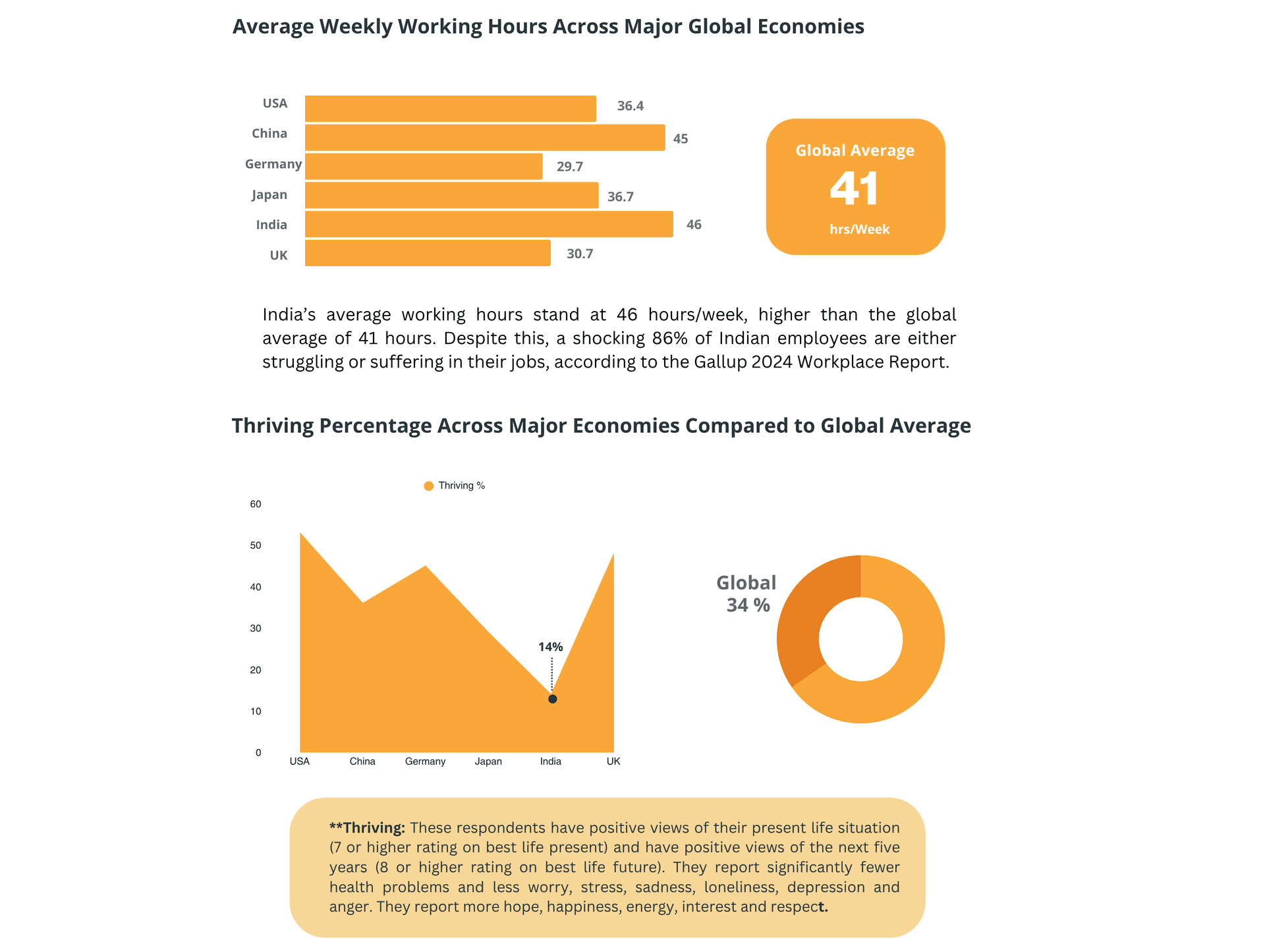
Performative Work in India:
India tops the global charts for “performative work,” with 43% of time spent pretending to be busy, rather than delivering real output.
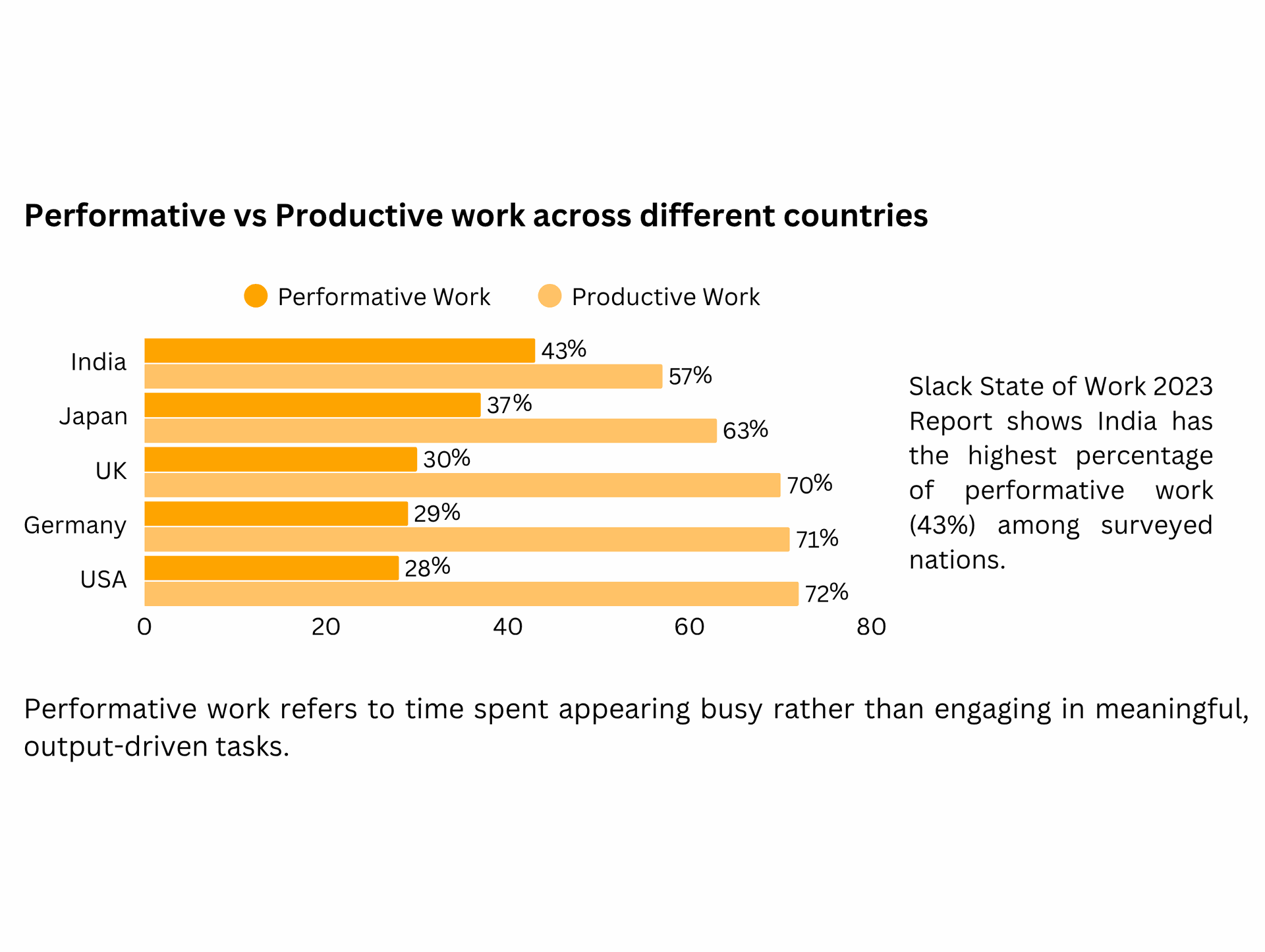
Burnout Hits Harder Than You Think
Let’s talk numbers:
- Burnout costs the global economy $8.9 trillion.
- In India, 70% of heart attack deaths occur among people aged 30–60—prime working years.
- 83% of Gen Z employees report burnout.
The stress isn't just in your head. It's in your blood pressure, your sleep schedule, your emotional bandwidth, and for some—tragically—in their obituaries.
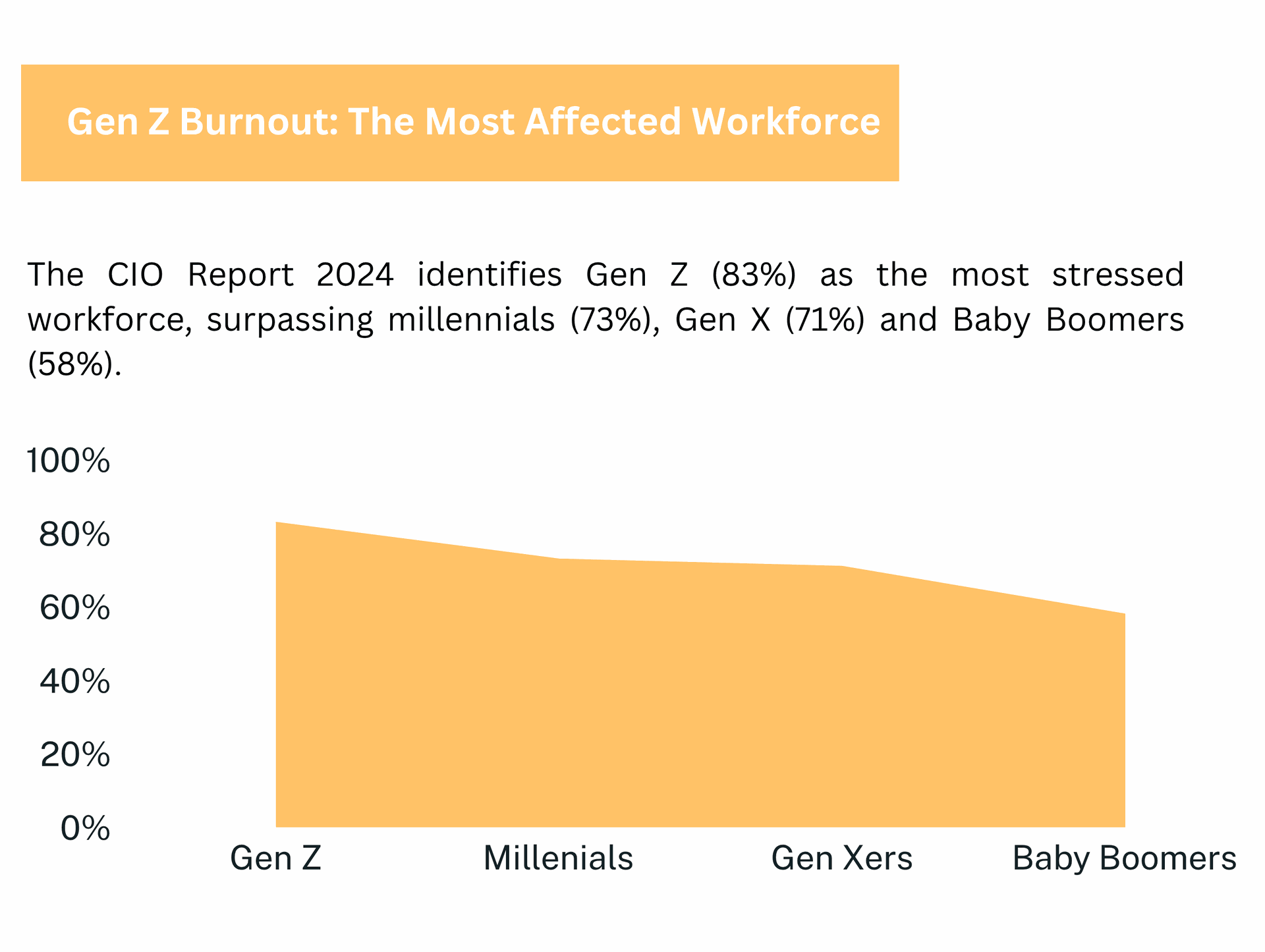
Health Red Flags: When Work Makes You Sick
According to data:
- Heart attack deaths in India rose from 18,522 in 2012 to 32,410 in 2022.
- Maharashtra and Kerala account for nearly 50% of these deaths.
- Stress, long work hours, poor lifestyle choices, and zero recovery time are fueling this crisis.
And no—it’s not just age. The biggest victims are people in their 30s to 50s, not retirees.
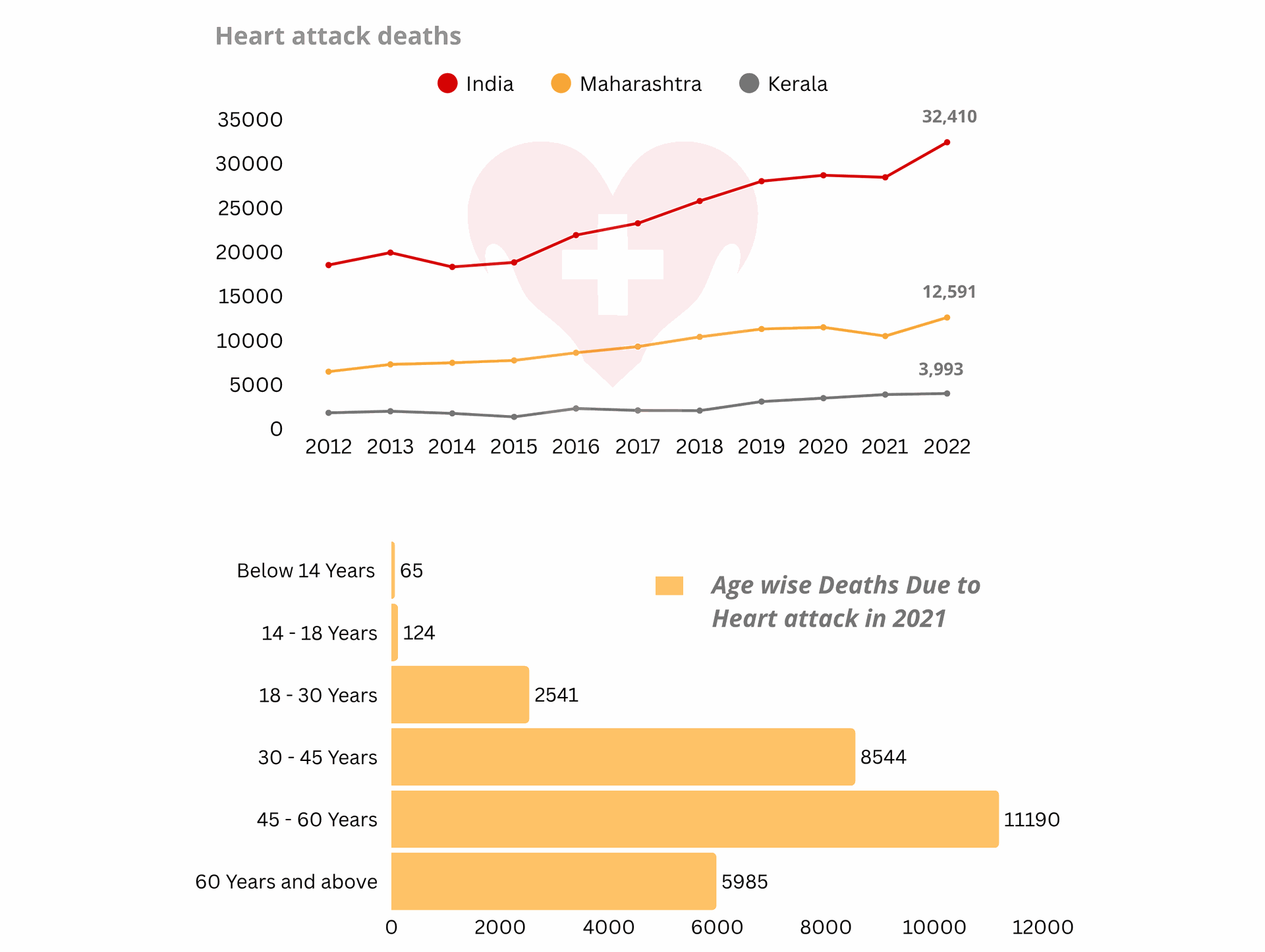
Kerala: Less Time, Same Stress
Even in Kerala, where public sector employees work just 36 hours a week, stress levels remain high:
- 84% of IT professionals report significant job stress.
- 68% say work disrupts their personal life.
- Burnout doesn’t just come from how long you work—it comes from how you’re expected to work.
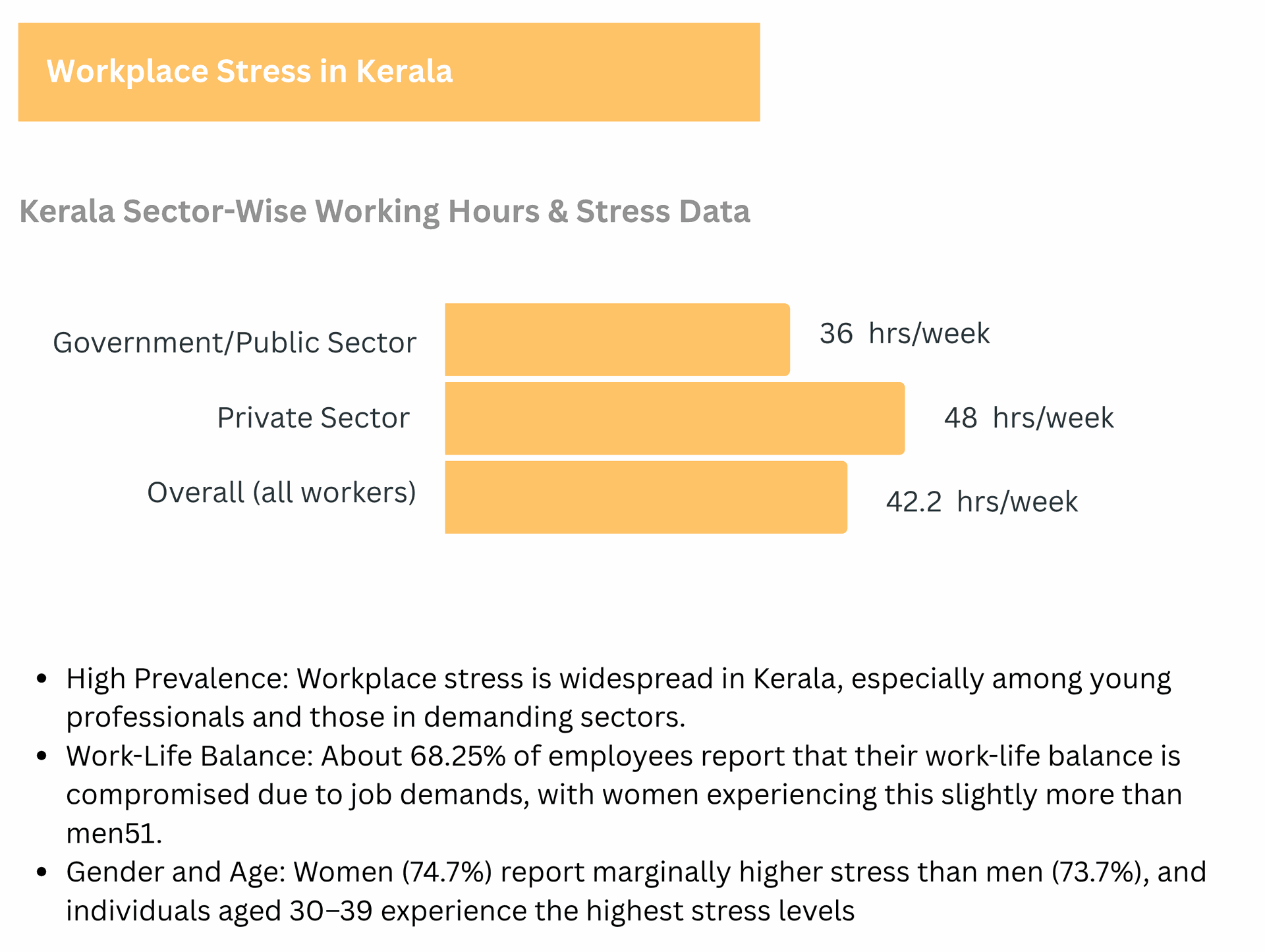
Women, Gen Z & Industry Stress Gaps
Let’s not ignore the demographic divide:
- Women (55.6%) are more stressed than men (44.4%).
- Gen Z is the most burned-out generation—reporting higher pressure from rapid AI adoption and unclear job roles.
- Industries like Marketing, Healthcare, and IT face the most severe burnout.
Stress doesn’t discriminate—but it definitely plays favorites
What the Rest of the World Is Doing Right
Here’s the refreshing part. Several countries are pushing back against the "more is better" mindset—and it’s working.
🌟 The Four-Day Workweek Wins:
- UK: 61 companies tried it. 89% stuck with it. 70% reported higher productivity.
- Ireland: Burnout dropped by 22%, job satisfaction soared, and 75% of companies adopted it permanently.
- Germany: With a 34-hour average workweek, they’re still among the most productive nations.
- USA: 4-day trials led to an 8% revenue boost.
It’s not rocket science: Less stress = Better results.
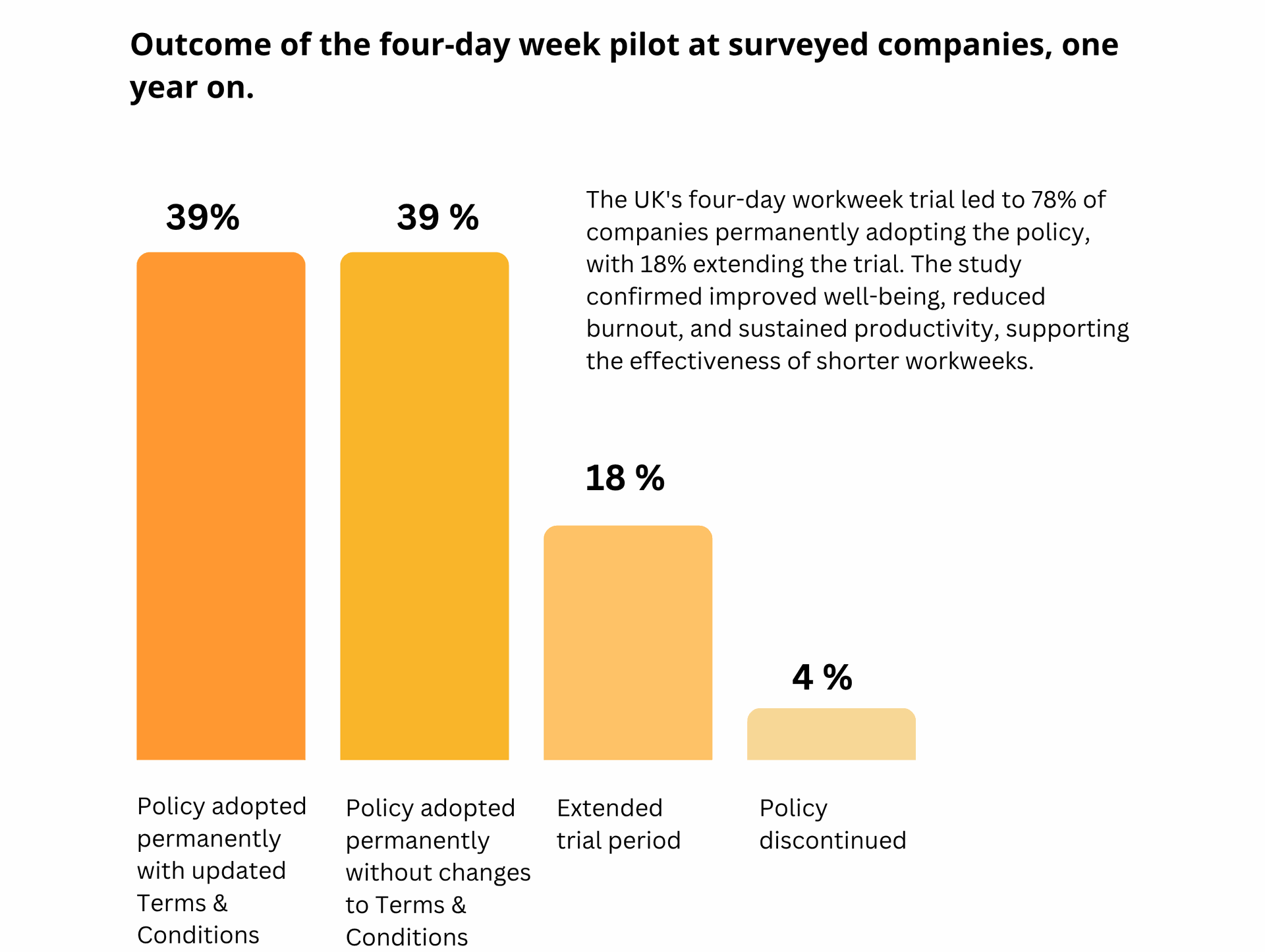
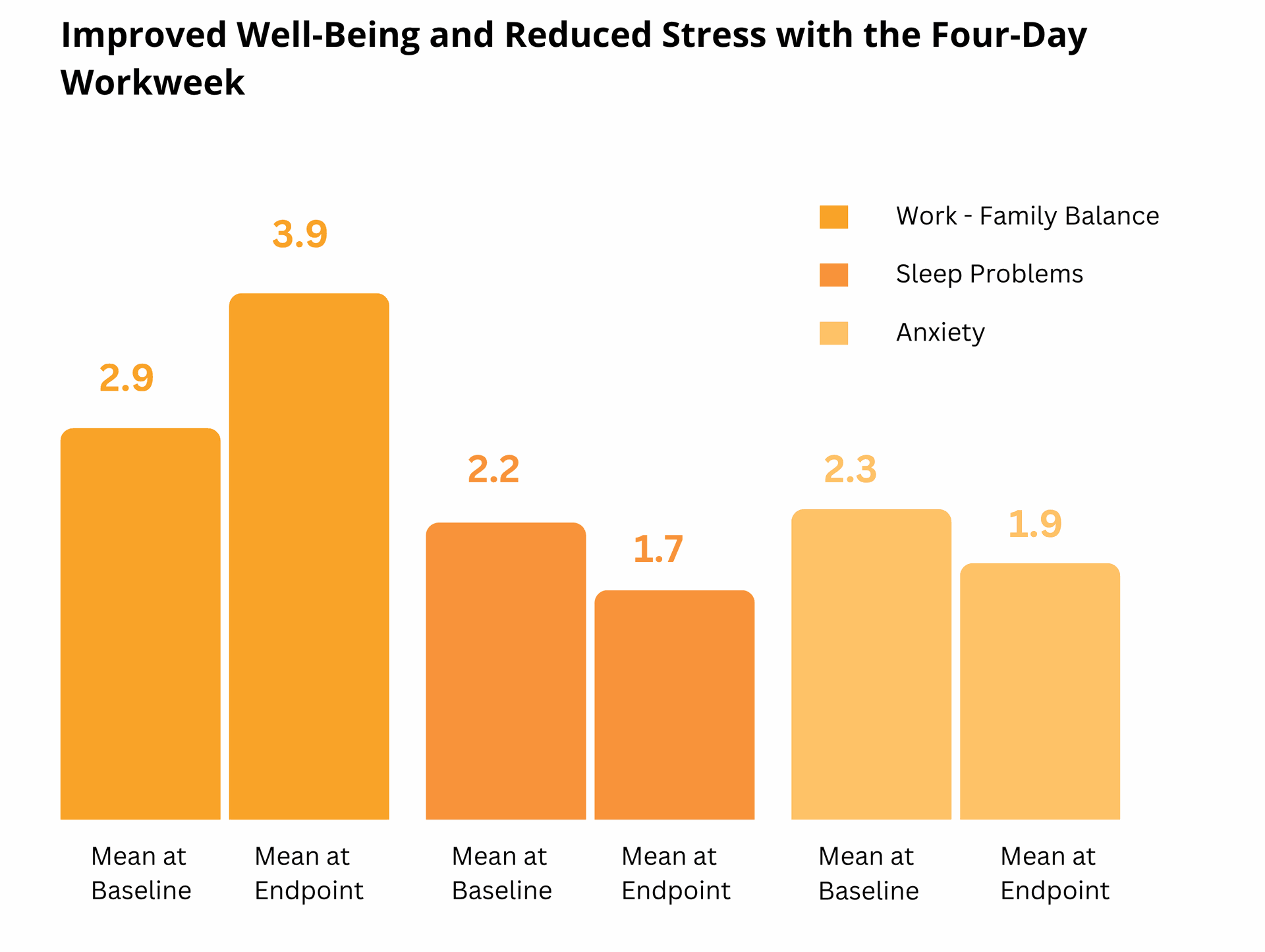
But India Still Thinks More Is More
Despite the evidence:
- Business leaders here are suggesting 70–90 hour workweeks.
- Karnataka even proposed increasing factory work hours to 72/week.
Honestly, how are we still having this conversation?
Even Harsha Bhogle weighed in, comparing India’s burnout culture to overtraining athletes and losing their potential. Zoho’s Sridhar Vembu called the corporate culture a “pressure cooker,” and Shashi Tharoor echoed the need for change.
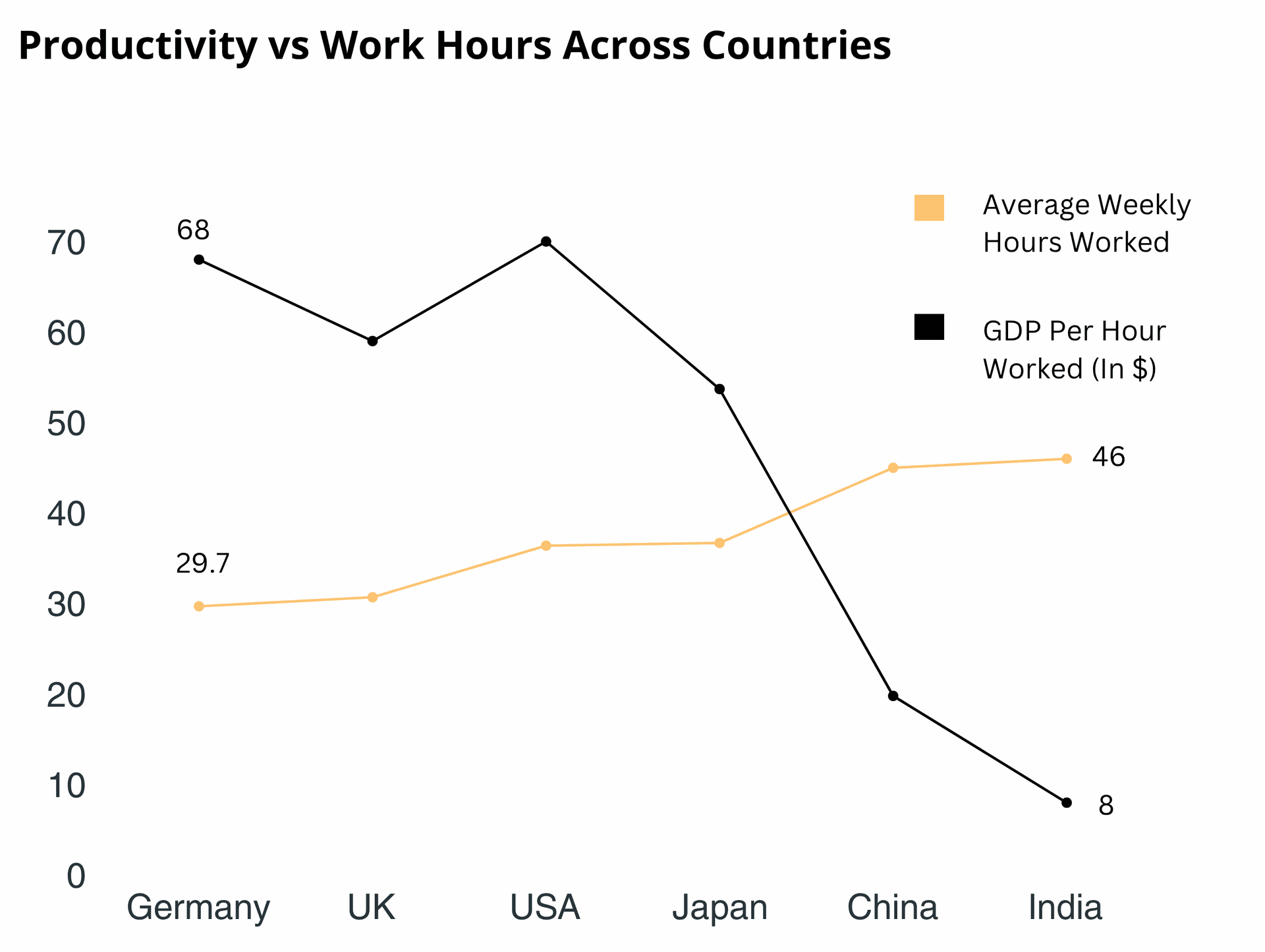
So What’s the Way Forward?
India needs a reality check, not another 12-hour shift. Here’s how we can move forward:
Recommendations:
- Adopt flexible work policies: Remote, hybrid, or compressed workweeks.
- Focus on productivity metrics, not just presence.
- Invest in mental health programs: Normalize therapy, breaks, and support systems.
- Learn from global best practices: Test 4-day weeks, measure results, and scale.
To read the full report prepared by Infocrita